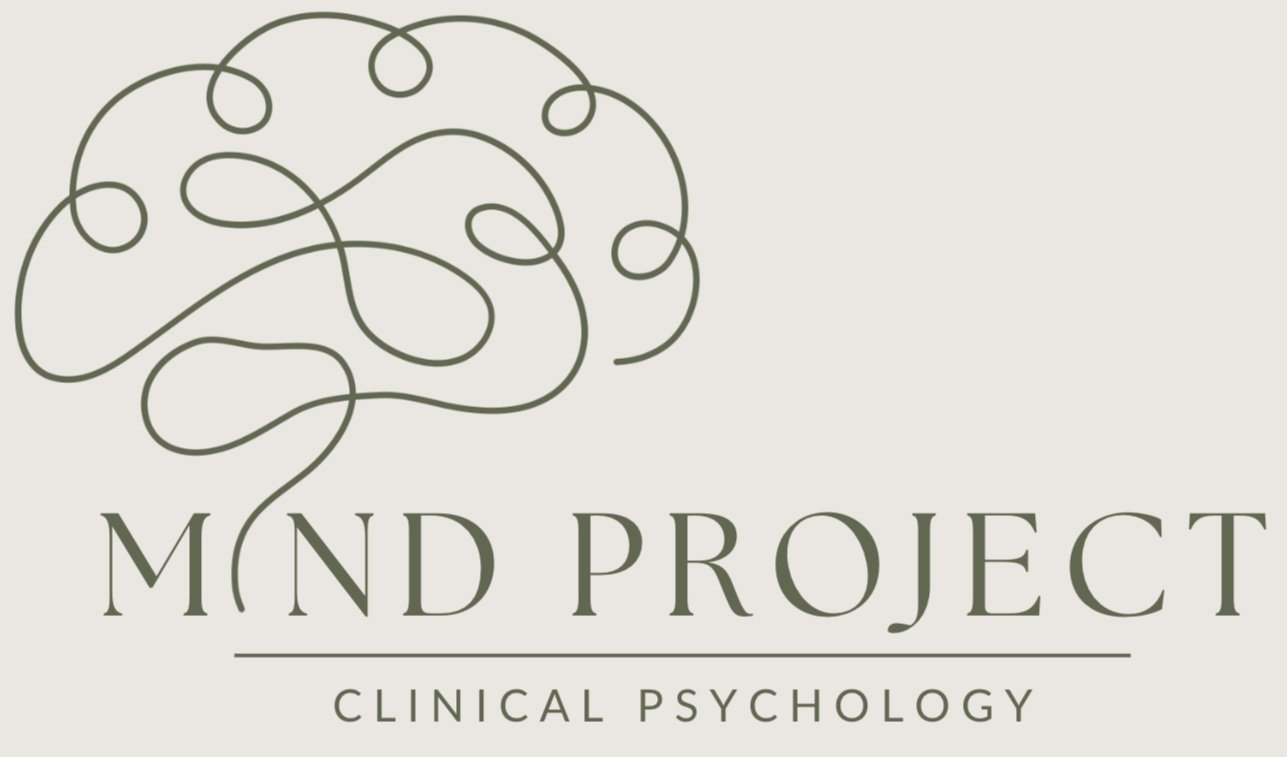The Vicious Cycle of Depression (and how to break free)
Depression isn’t just about feeling sad.
No.
It’s much more than that (Westbrook et al., 2007).
It involves a deep, persistent heaviness that can drain energy, numb emotions, and make even the simplest tasks feel impossible. It’s the loss of interest in things that once brought joy, the struggle to get out of bed in the morning, and the nagging voice that whispers, “What’s the point?” It affects not just mood but also motivation, concentration, sleep, appetite, libido, and even physical health.
Depression distorts thoughts, making everything seem hopeless and unchangeable, reinforcing feelings of worthlessness, self-doubt, and nihilism. And perhaps most frustratingly, it often convinces people that doing anything—even things that might help—will be too exhausting or pointless. “I’ll just feel worse” is a common thought associated with depression. This is part of what makes depression so difficult to break free from.
But despite the negative predictions and how it feels, change is possible—and understanding how depression traps people in a vicious cycle is the first step toward breaking out of it.
Depression is a self-perpetuating cycle that affects motivation, energy, and the ability to enjoy life. When people feel depressed, they often withdraw from meaningful, enjoyable, or challenging activities. Over time, this inactivity makes depression worse.
Think about it.
You’re depressed, so you withdraw and disengage from things you enjoy and value. Not only do you feel terrible, but now your life is practically less enjoyable and meaningful. Of course, you will feel more hopeless and despairing!
If this sounds familiar, you’re not alone. The good news? There’s a way out of the cycle, and it starts with a Behavioural Activation—a proven CBT approach that helps people reconnect with life, even when motivation is low.
How Depression Becomes a Vicious Cycle
Depression comes with a range of symptoms, including:
Low mood and loss of pleasure in activities (anhedonia)
Fatigue and low energy
Negative thinking about oneself, the situation, and the future
Reduced motivation to engage in daily tasks
Because of these symptoms, people withdraw from activities that once brought them joy, purpose, and a sense of accomplishment. They may:
Stop exercising, socialising, or engaging in hobbies
Avoid work or study commitments
Struggle to complete even basic self-care tasks
At first, withdrawing might feel like relief—it takes effort to socialise, go to work, or exercise. But the more someone pulls away from life, the worse they feel.
Why?
Loss of enjoyment & achievement – You can’t enjoy things you don’t do.
Increased fatigue – Physical and mental energy decline when activity levels drop.
Nil distraction from negative thoughts – Without meaningful activities, thoughts become more self-critical and hopeless.
Guilt – People often feel worse for “not doing enough.”
Hopelessness – The longer inactivity continues, the harder it feels to restart.
This reinforces depression, making it even harder to break free.
Breaking the Cycle with Behavioural Activation
The most effective way to disrupt the cycle of depression is by gradually re-engaging in activities—even when you don’t feel like it. This technique is called Behavioural Activation, and research shows it’s a gold-standard treatment for depression (Jacobson et al., 1996; Mazzucchelli et al., 2009).
Why Does Behavioural Activation Work?
Increases positive experiences – Doing things you once enjoyed can help restore pleasure and motivation.
Improves energy levels – Activity fights fatigue and creates momentum.
Reduces negative thinking – Staying engaged provides healthy distractions from self-critical thoughts and actively proves them wrong.
Creates a sense of achievement – Small successes build confidence and self-worth.
Getting Started: Small Steps, Big Impact
Starting can feel overwhelming, especially if you’ve been inactive for a while. Depression tells you that activities won’t help—but this is the negative prediction bias at play. The reality?
Action precedes motivation—not the other way around.
The trick, start small and slowly build momentum.
1. Identify Meaningful Activities
Think about things that used to bring you joy, purpose, or fulfilment—or things you know are important, even if you don’t feel motivated right now. What do you value?
Social: Calling a friend, sending a message, having coffee with someone
Physical: A short walk, stretching, some ‘lazy lifting’
Creative: Writing, painting, music
Productive: Tidying one small area, making a simple meal
Self-care: Showering, putting on fresh clothes, making the bed
Tip: Choose something small and manageable—you don’t need to feel like doing it, just commit to trying.
2. Make a Simple Plan
Once you have an activity in mind, schedule it. Depression makes decision-making harder, so having a plan removes the need for willpower in the moment.
What will you do? (Example: A 5-minute walk outside.)
When will you do it? (After breakfast.)
How will you make it easier? (Leave shoes by the door.)
3. Track and Celebrate Small Wins
Monitoring progress helps build confidence and motivation. Even if an activity doesn’t bring joy immediately, it still counts. Small actions add up over time. It’s the aggragate of marginal gains.
Write down what you did (even if it was just getting out of bed).
Acknowledge effort over outcome (e.g., “I sent a message to a friend” vs. “I had a full conversation”).
Reward yourself for taking action (e.g., watching a favourite show, making a nice cup of tea).
Final Thoughts: You Can Break the Cycle
Depression makes it feel impossible to engage with life, but the truth is:
Doing nothing makes depression worse.
Small actions, done consistently, create real change.
You don’t need to wait until you feel motivated—just start. You could be waiting forever.
Start small. Start now.
Next Steps:
If you are struggling with depression, you don’t have to struggle alone. Our experienced clinical psychologists in Kogarah are well-versed in treating a range of mental health conditions, including depression. Book now.
Dive into our Free Worksheets on Depression and other mental health challenges.
